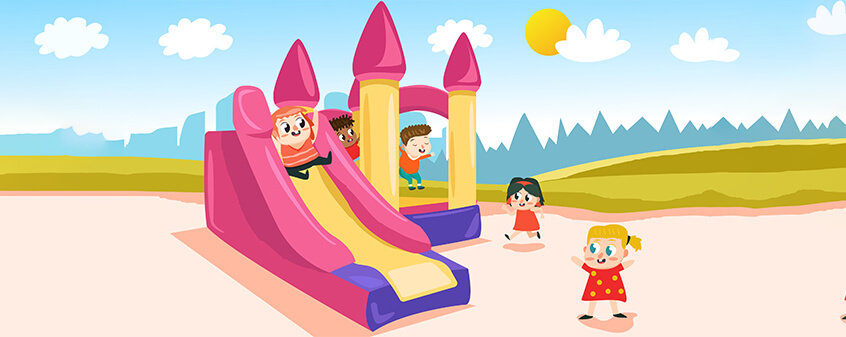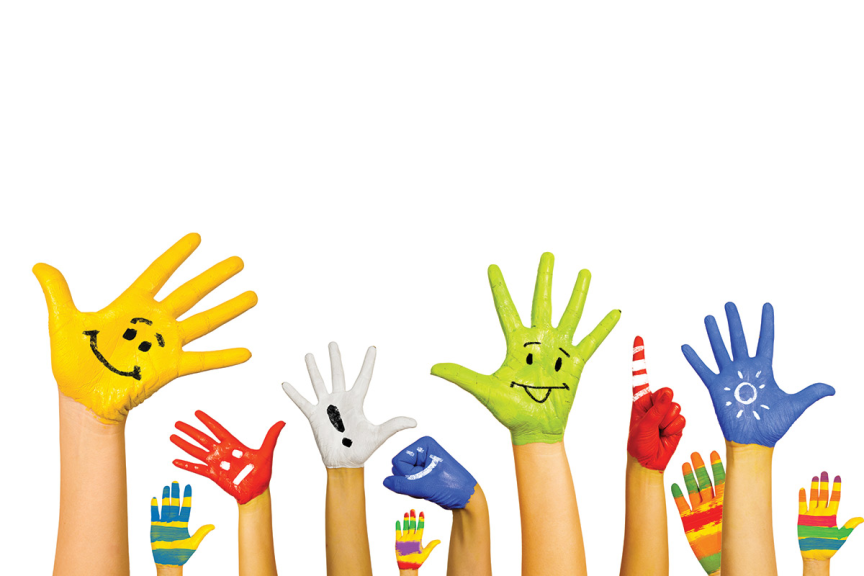Babies today are born into a world of digital devices. Parents are trying to navigate this new reality, specifically figuring out what role these new gadgets should play in the lives of their young children. This is no small task given that parents are bombarded with a lot of conflicting advice, much of which is ideological and not based on science.
At present, a major problem going on in and around the world is digital screen time of children. Most of the children in the world are using electronic gadgets. Even parents are giving gadgets to their children to avoid some situations. However, technology has improved side by side disadvantages and minor, major issues also improving in society.
The main reason for using electronic things and gadgets is because parents are busy in their work schedule they cannot accompany their children and they are scared about society. So, parents do not allow their children to go out of their house.
Nowadays usage of screen time is higher than other activities not only with children even the elders are addicted to the gadgets by using it often. Parents should avoid using gadgets in front of their children because it easily attracts them.
Balancing screen time is the first pillar in the BE apron index (balance, Ethics, Privacy, Reputation, Relationships, and online privacy.) Spending too much time with technology can affect sleeping habits, lead to gaming and social media addictions, and interfere with personal interactions. Spending all day in front of a screen can also affect emotional development and spur feelings of depression, anxiety, irritability, and social phobias.
According to the National Institute of Health, there is no screen time under 0 to 2 years, above 2 years screen time strictly needs to be followed to avoid health issues and some minor issues. Screen timing should be limited to 1-2 hours a day. Remember, balance. When deciding with your child how to best spend their time on and off the screen, be sure to consider that not all screen time is equal. An app that teaches your toddler how to spell is not equivalent to a graphic video game. Optimize positive screen time by helping your child choose productive activities.
In taking steps toward balancing time on the screen vs. time off the screen, you may consider these options:
· Removing televisions or computers from your child’s room
· Not allowing mobile devices at the dinner table
· Suggest alternative activities like a board game or going to a park
· Determine an appropriate schedule for watching T.V. and spending time online
· And perhaps most importantly, be a good role model. Show your child a good example of balancing screen time.
What is wrong with too much screen time?
Too much screen time can:
• Take away from time talking and playing with family and friends
• Take the place of physical activity and lead to weight gain
• Interfere with developing a good self-concept and body image
• Affect reading skills
• Cause attention span problems
• Make violence look normal
• Expose children to adult behaviors, such as sex, alcohol, tobacco and drug use
Screen use tips
• Involve your child in setting guidelines for choosing TV shows, games and computer activities. Use guides and ratings to help
you, but beware of claims that a program is educational. Oftentimes, there is no evidence to back such claims.
• Use the social media apps your child uses, and follow or friend them.
• Keep the TV off and keep all the screens away during meals.
• Avoid using screens 1 hour before bedtime and keep mobile devices out of your child’s bedroom at night.
• Keep TVs and computers out of children’s bedrooms. Keep them in a central place instead.
The guidance, designed to help national policymakers, also includes advice on physical activity and sleep for under-fives.
“For the greatest health benefits, infants and young children should meet all the recommendations for physical activity, sedentary behaviour, and sleep in a 24-hour period,” the report states. “Replacing restrained or sedentary screen time with more moderate-to-vigorous-intensity physical activity, while preserving sufficient sleep, can provide additional health benefits.”








